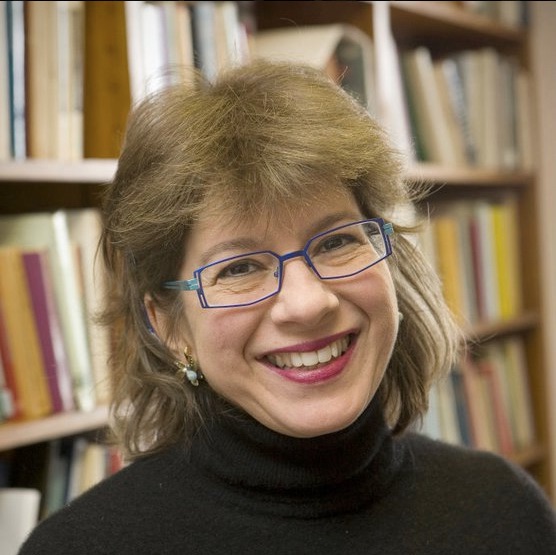All of us struggle with the problem of how to transmit our commitment to Judaism to the next generation. There are all sorts of suggestions — but no solutions. How do we reproduce ourselves Jewishly?
I have a passion for Jewishness, for every manifestation of it, from Workmen’s Circle to Chasidic shtibls. My passion came to me as mother’s milk, from wanting to emulate the Jews around me.
My father, Rabbi Abraham Joshua Heschel, used to say, “I have a daughter. I love her dearly. And I would like her to obey the commandments of the Torah. I would like her to revere me as her father. And I ask myself the question again and again, what is there about me that would be worthy of her reverence? Unless I live a life that would deserve her reverence, I would make it impossible for her to live a life of Judaism.”
For both of my parents, childhood was not easy. My mother grew up during the Depression, and at the same time, her father lost his eyesight due to diabetes.
My grandfather died when my father was 9, and he and his mother and siblings were left in terrible poverty in Warsaw. Yet while my father was deprived of a father, he spoke of being surrounded by Jews who inspired his reverence and emulation. He often said that his greatest gift was to grow up around people of spiritual nobility.
He wrote, “In my childhood and in my youth, I was the recipient of many blessings. I lived in the presence of quite a number of extraordinary persons I could revere. And just as I lived as a child in their presence, their presence continues to live in me as an adult.”
I’ve often wondered how to explain the phrase “religious nobility.” What kind of person is worthy of that description? What inner sensibilities and values have to be cultivated to produce such a person?
Like my father, I feel I was privileged to have been exposed to people of religious nobility: my father, my uncle and a few other people, some of whom I met only very briefly. Each left me with a sense of awe that a human being is capable of such extraordinary spiritual refinement.
Jewish texts tell us that human beings are made in the image of God, and that it is our duty to imitate God in our lives. What is it to be created in the image of God?
To be a reminder of God, my father wrote, you should look at someone and think of God. And that, in turn, means that our imperative is to live our lives in such a way that if someone looks at us, they are reminded of God. Such are the people of spiritual nobility who surrounded my father.
Such was his life, too. The opposite of good is not evil, he wrote. The opposite of good is indifference.
When he looked at human beings, even the most dissolute, he saw the divine image. For him, it was impossible to be indifferent to the suffering in our society caused by social inequality and the civilian tragedies incurred by war. I saw him in pain, sleepless and agonizing over the miseries of human beings.
Simply to teach that human beings are made in the image of God is not a solution to the rising rates of intermarriage and assimilation. I don’t think there are any easy answers.
But I do believe that both of my parents taught me how I must transmit my Jewishness to my children: to lead a life worthy of their reverence and emulation. I want to expose them to people of religious nobility, of spiritual refinement and delicacy.
I want them to learn that the greatest gift is compassion, and that callousness and indifference are antithetical to the life of a Jew, who has commitments to society as well as family. Because I grew up in the presence of people who inspired me with awe, their presence continues in me, and one day, I hope, will become part of my children’s lives as well.
This essay originally appeared in Hadassah Magazine.
Susanna Heschel, Eli Black associate professor of Jewish studies at Dartmouth College, will be scholar in residence at Pasadena Jewish Center and will speak on March 14, 2:30 p.m. at the center. For more information call (626) 798-1161.






















 More news and opinions than at a Shabbat dinner, right in your inbox.
More news and opinions than at a Shabbat dinner, right in your inbox.